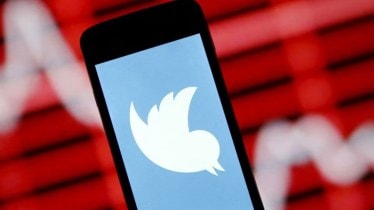Elon Musk, the man responsible for all the recent tumultuous modifications on Twitter, has recently unveiled another significant alteration to the microblogging platform. The billionaire has introduced new limitations to Twitter, aiming to tackle the issues of “data scraping” and “system manipulation” that are affecting its service for normal users.
These new restrictions impose limits on the number of tweets users can read in day. Musk has called this a “temporary emergency measure,” necessitated by the rampant data pillaging that has affected the platform’s services for its regular users.
ALSO READ l Twitter users are rushing to join Bluesky, Mastodon because of “this” reason
The new rules now limit 600 posts per day for the unverified accounts, 300 tweets a day for new unverified accounts 300 in a day and up to 6000 posts for verified accounts meaning those who are the paid Blue subscribers on Twitter.
In this era of digitisation, data holds immense value as it drives innovation and empowers businesses and organisations. Among the different methods of data collection, data scraping has emerged as a technique that has both garnered attention and sparked controversy. Elon Musk’s mention of data scraping has brought further significance to this practice.
What is data scraping?
Data scraping, also known as web scraping, is the automated process of extracting data from websites, using specialised software or programming tools. These data include specific information from web pages, such as text, images, prices, or contact details, and storing it for further analysis or use.
What are the applications and use cases of data scraping?
There is a diverse range of applications where data scraping is used. It plays crucial role in fields such as market research, competitive analysis, price comparison, sentiment analysis, lead generation, and content aggregation.
Ethical considerations in data scraping
There is a fine line between ethical and unethical data scraping practices, and that is what changes everything. While ethical data scraping respects privacy policies and complies with legal frameworks, the unethical data scraping are acts like copyright infringement, terms of service violations, and data privacy breach.
Data scraping can potentially violate the terms of service or the policies of a website, leading to legal implications if the websites explicitly prohibit scraping in their terms of use. There are also concerns regarding the accuracy and reliability on the data collected through scraping. Another factor worth considering is that scraped data may not always come from official or verified sources which means its accuracy can be questioned.
ALSO READ l Twitter under “emergency”, Elon Musk puts strict restrictions on tweets you see: Full story in 10 points
Musk said that Twitter was getting data pillaged which is true as high-frequency and intensive data scraping activities can affect websites leading to downgrade in its performance or even causing server crashes that affect both the target website and its visitors.
All these points together make it crucial to approach data scraping with caution and respecting the legal and ethical boundaries that may have been put in place by the company.
Follow FE Tech Bytes on Twitter, Instagram, LinkedIn, Facebook.
